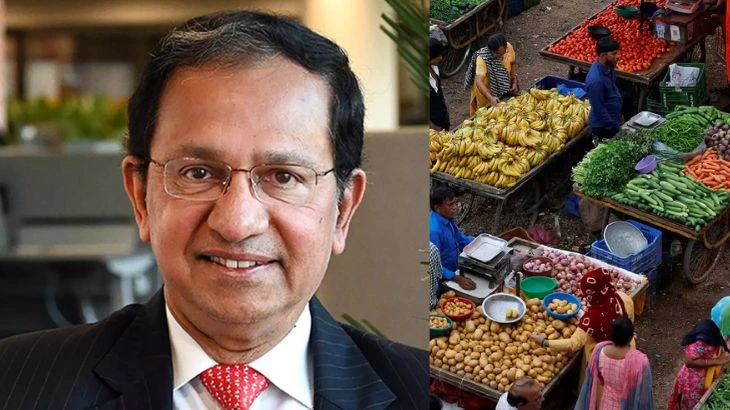“For us, tier-1 and below towns seem to be reasonably stable. Rural has also been reasonably stable.The pressure points are coming from mega cities and metros,” says Suresh Narayanan CMD Nestle India
Consumers in metro and mega cities seem to be under stress amidst uptick in food inflation which is adversely impacting the growth of the FMCG industry, Nestle India Chairman and Managing Director Suresh Narayanan said on Tuesday.
He also flagged concerns about the middle segment of consumers being under pressure even as top end consumers are fuelling demand for premium products. The company said that while 60 per cent of its portfolio has seen double-digit growth, milk and nutrition and some part of its chocolate and confectionery portfolios witnessed weaker demand trends.
Speaking at a select media roundtable, Narayanan said: “It is extremely clear that the market is facing muted demand. The growth in F&B sector, which used to be in double-digits a couple of quarters ago, is now down to 1.5-2 per cent. Food inflation has been a cause of concern due to sharp uptick in prices of fruits and vegetables and oil prices. This could lead to increase in prices if raw material costs become unmanageable for companies. We are ourselves facing difficult situation as far as coffee and cocoa prices are concerned.”
Coffee prices
In terms of raw material costs, the company said coffee prices have gone up by 60-70 per cent since last year while cocoa prices have grown by 2.5 times. Nestle India has increased coffee product prices by 15-30 per cent broadly on larger packs while protecting lower price points during this period.
“For us, tier-1 and below towns seem to be reasonably stable. Rural has also been reasonably stable.The pressure points are coming from mega cities and metros. At the same time, a little bit of channel shift is also happening in top cities with the growth of quick commerce and general trade channel under pressure,” he added.
While premiumisation trends have been growing strongly driven by the top end of the consumers, Narayanan flagged concerns about the “middle segment” of consumers being under stress which has emerged as key pain point for most FMCG companies. However, he added this is not “an endemic issue” and is not likely to be a long term phenomenon.
Asked about the future outlook, he said, “We need to wait for outcomes of the good monsoon and the kharif crop. One is expecting rural incomes to see improvement. Once the tell-tale signs of food inflation start to tip a bit, there is improvement in rural incomes and also when mega cities and metros start to play a role in kickstarting consumption. Then, we would be on a reasonable road to recovery. Ultimately one can look at moderate growth in volume and value going forward.”
Narayanan said that the company continues to focus on penetration-led volume growth, leverage on economies of scale and take a calibrated approach regarding future price hikes. He added that the company is undertaking sharp measures to tackle weaker demand challenges seen by some of its brands such as Munch, which is facing heightened regional competition.
Nestle India recorded 38 per cent growth in the e-commerce channel which now contributes nearly 8.3 per cent to its domestic sales. Nearly half of this is coming from quick commerce. Narayanan said in the last two quarters quick commerce has been a big growth area for the company.



